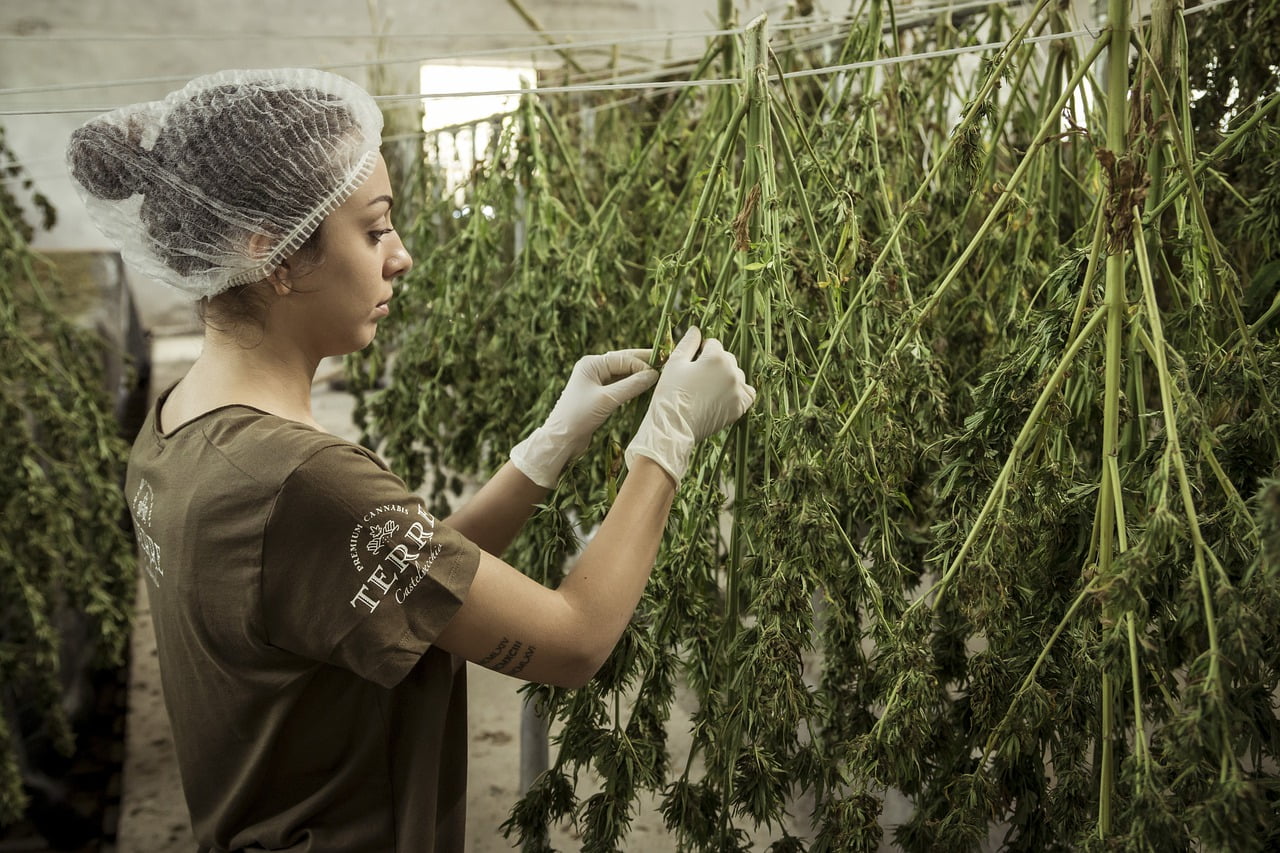Last week, the New Jersey state Assembly voted 49-24 with six abstentions to pass the marijuana legislation (S21), and the Senate followed later Thursday, passing it 23-17.
Q3 2020 hedge fund letters, conferences and more
The bill now goes to Governor Murphy, who is expected to sign the measure and have it become the law.
The Importance Of The New Jersey Marijuana Legislation
This is important legislation for several reasons. First, it positions the Garden State as the first in the region to legalize marijuana. New Jersey enacting this law places a lot of pressure on Pennsylvania and New York to legalize the recreational use of marijuana for adults.
The new law is also expected to have a significant economic impact in the state. The bill as it is currently written provides a fast-track to existing medical marijuana businesses and impose cultivation caps in the first two years and could dramatically increase according to market demand.
Experts agree that the recreational marijuana business in New Jersey will soon scale up to remarkable revenue numbers. Marijuana Business Daily projects New Jersey’s adult-use market will generate $850 million-$950 million in annual retail sales by 2024, a figure actually seen as conservative by many other industry experts.
Over two-thirds of the state sales tax revenue from marijuana purchases as well as an excise tax on marijuana growers is intended to flow to minority communities that have been disproportionately impacted by the drug war. This in itself could be a model that places New Jersey in a leadership role in the region in finding creative, progressive, and equitable ways to redistribute part of the new marijuana industry wealth.
Other Important Legal Aspects
Other important legal aspects of the bill include:
- The establishment of six classes of licensed businesses: cultivator, manufacturer, wholesaler, distributor, retailer and delivery.
- The 12 existing licensed medical marijuana operators will all be given an adult-use license while some will get distribution or cultivation licenses.
- The Cannabis Regulatory Commission (CRC) will set a maximum number of licenses for each class entirely based upon market demand. This established a flexible legal and regulatory framework that does not prevent the industry in New Jersey from quickly scaling up.
- The CRC would grant at least 25% of the total licenses to such applicants or those who employ at least 25% of their employees from what will be known as "impact zones," which are areas in the state "negatively impacted by unemployment, poverty or past marijuana enforcement activity."
While the voters of New Jersey voted in favor of this November ballot question by a massive 2-1 margin, critics of the bill currently on Governor Murphy's desk argue that the producers in the state have not yet demonstrated an ability to produce enough marijuana to even meet New Jersey's modest medical needs. They fear that rapid growth in the industry could result in cutting legal corners, as well as safety and production concerns.
The full New Jersey marijuana legislation can be read here (the House bill) and here (the Senate bill).
About Michele Finizio
Cherry Hill criminal defense attorney Michele Finizio has been practicing criminal law since 2006. Michele Finizio graduated from the Widener University School of Law and has her Master’s Degree in Science from Drexel University. Attorney Michele Finizio’s primary areas of focus are in criminal law and municipal court violations, including DWI, shoplifting, traffic violations, drug offenses, disorderly persons offenses, and all indictable charges. She is devoted to providing each and every client with aggressive and skilled legal representation. Attorney Finizio understands that clients who come to the law office are often facing the most trying times in their lives. That’s why she is always willing to take the time needed to explain NJ law and criminal procedures to the client and to their family.





